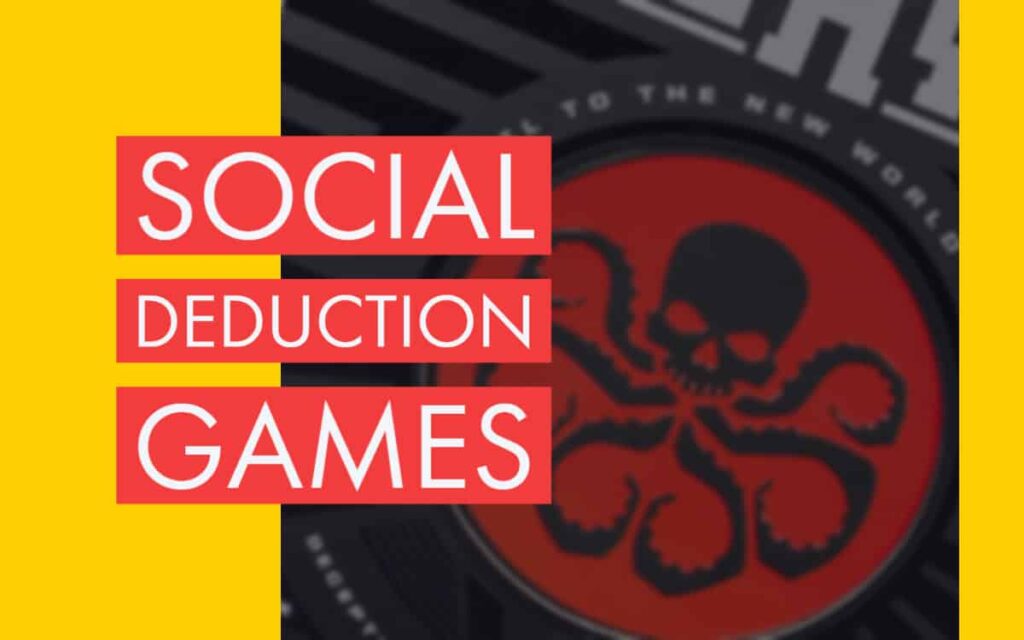It’s possible that the term ‘deduction’ conjures up images of police procedurals as well as the venerable Sherlock Holmes novels. Using logical reasoning, one might draw a judgment known as “deduction.” As a genre of tabletop and video games, the aforementioned term is most recognized for titles in which “deduction” appears to have gone out the door.
Widespread since the COVID-19 outbreak, these types of activities pit quality players against evil ones in an attempt to determine who is the better player. The virtuous must work together to figure out who the “bad” players are so that they may either remove them or reveal their true identities to the rest of the world.
Popular Social Deduction Games
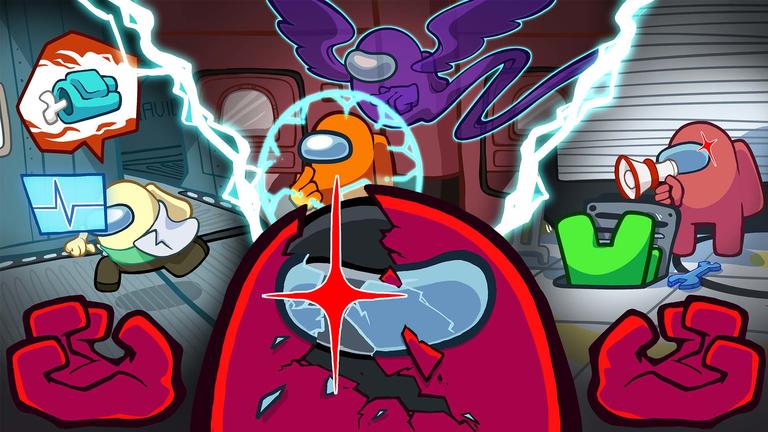
This sounds familiar? When the planet fell under shutdown in 2020, Among Us became a great hit. It is based on the same reasoning that was used in the previous section. The majority of the crew are honest individuals who must use logic and rationale to attempt to detect the phonies, while the phonies must deflect emphasis away from themselves in order to remain undetected and avoid being exposed (precious). Even said, Among Us is hardly the first game of its kind.
Have You Read: Outlast 2 Review: A Never-Ending Loop of Jump Scares, Terrors, and Getting Impaled
The origins of social deduction video games may be dated directly to Dimitry Davidoff, the man behind the hit title Mafia. In 1986, Davidoff was a psychology major at Moscow University when he came up with the concept. Defenseless civilians are being ‘murdered off’ by a handful of mobsters during nighttime in the game, which follows the same basic premise. During the night, the mobsters hide in plain sight, and the gamers must work together to figure out who is on their team and try to apprehend them before the following ‘night.’
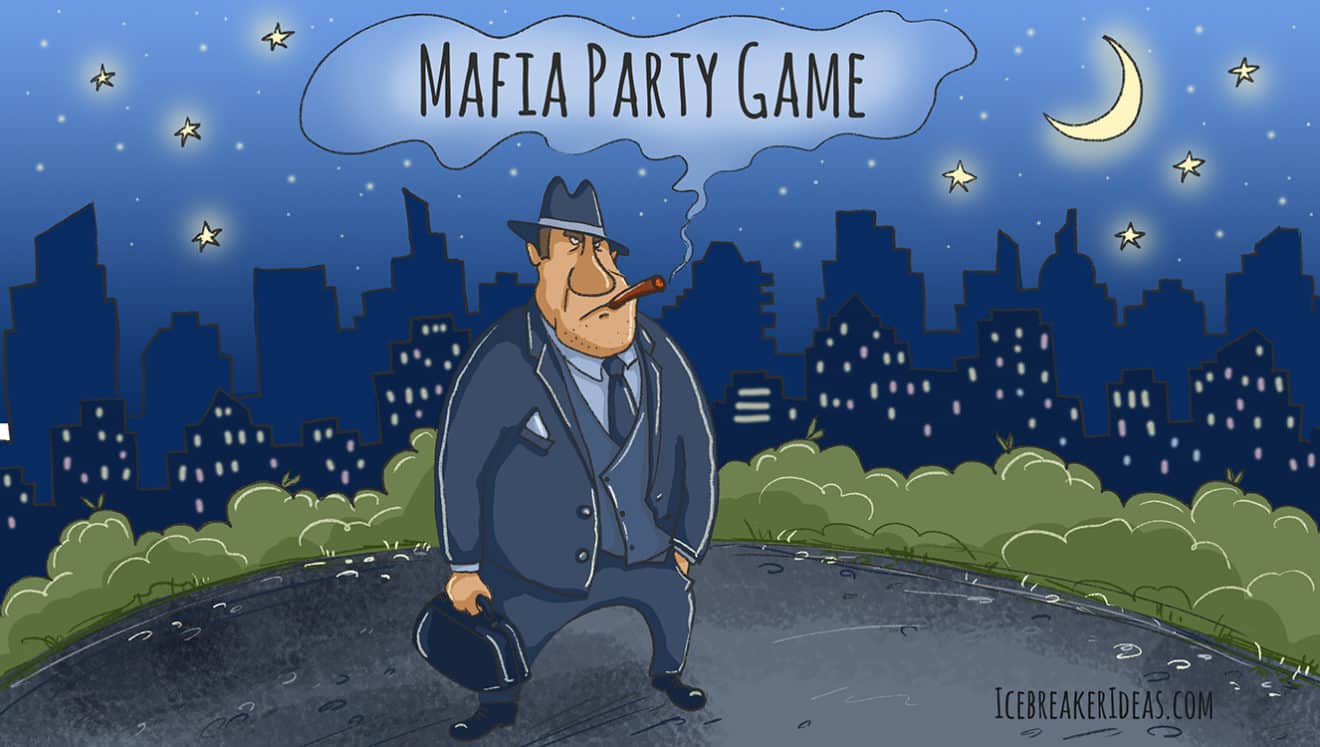
Even while Mafia is often played in person, there have been numerous online versions of the activity, including Among Us including board games such as Werewolf or Secret Hitler that have been made into digital versions. Assuming that the popularity of this genre continues, it appears that gamers are more interested in figuring out which of their buddies is lying via the use of social deduction games of various formats.
How Do Social Deduction Games Work?
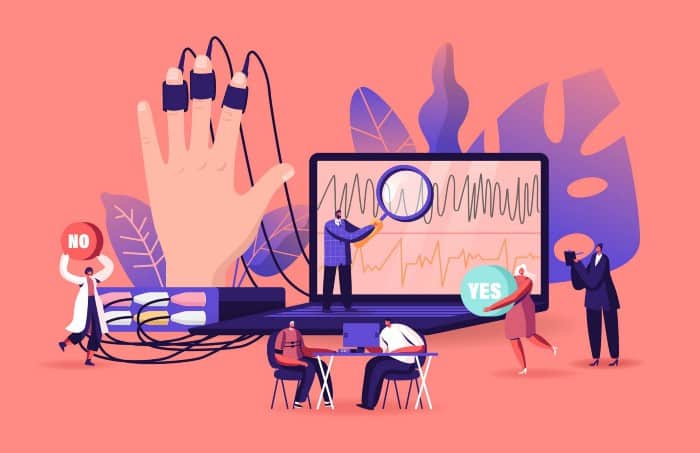
Everyone has that friend who believes they have the finest truth serum; you’ve undoubtedly overheard them boast about it at every poker session and sometimes when they eventually reveal the storyline of thriller films! Although your subconscious truth serum is an important part of social deduction games, there are other forces at play that you may not be aware of.
There’s a statistical formula for determining who wins in a Mafia game based on how many individuals of the mob are squared up to the total number of participants (for example, Nine overall players and 3 mafioso). This doesn’t mean that we should give all of the glory to our pals with good liar detectors since researcher Simon Moore explains that an actual falsehood, rather than an exaggeration, generates a bigger physiological reaction. There is a greater likelihood that you may notice a rise in your pulse rate, blood pressure, and respiratory rate.

You may not be able to recognize the falsehoods because of your abilities, but rather because of research! Thus according to experts, feigning an emotional response is very tough. ¹ This is despite the fact that cognitive psychologists estimate that people’s capacity to identify falsehoods is just 4% higher than guesswork (with a 50% likelihood of correctness and ‘lie detection’ possessing a 54% probability).
Studies show that faking takes time because people’s response times are slowed when they are urged to dodge scrutiny, even if they are taught to deceive. ⁵ A survey discovered that 60 percent of participants were misled at least once in a 10-minute discussion, which is even more surprising considering how often we cheat.
Why so Competitive?
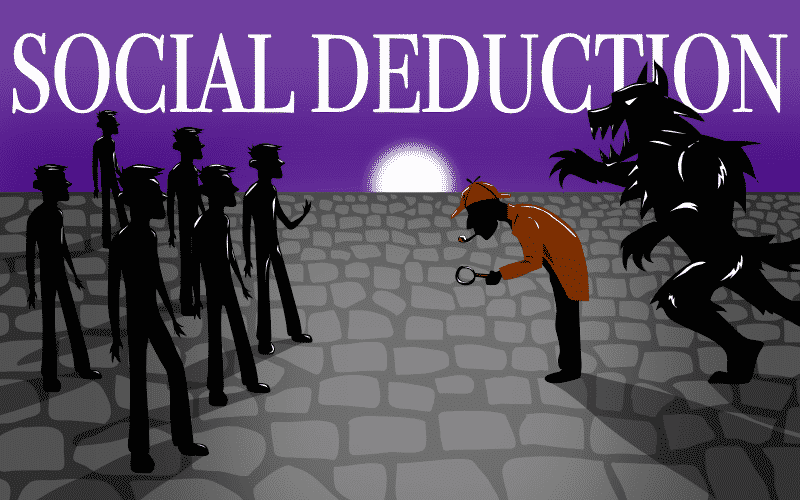
There are many unanswered issues raised by these games. In the middle of the night, why do you attempt to kill your friend? In spite of the fact that they were repairing wires, you still referred to Red as an impostor. And why now? So why is Among Us so successful at this particular moment? It appears that the continual pressure of competitiveness is what enables some games so entertaining for us.
Scientists have examined this effect in video games since they discovered that competing against an adversary, actual or artificial, generates a competing and hence compelling setting for gamers. Our passion is stoked by the constant threat of rivalry. As a society, we always strive to outdo our colleagues.

Have You Read: Outlast 2 Review: A Never-Ending Loop of Jump Scares, Terrors, and Getting Impaled
Undergraduate and academic members at the Harvard School of Public Health were asked to rate their preference between making $50,000 a year and $100,000 a year. 55 % of the participants said they preferred $50,000 to $100,000. ⁸ For us, seeming inferior to our colleagues is more important than saving $75,000 a year! There is no doubt that video games elicit our competition since we all desire to show our superiority over our colleagues by succeeding. Since mimicking feelings is tough, psychiatrists advise the next best thing is to complain and afterward bullshit, your way out of a situation.
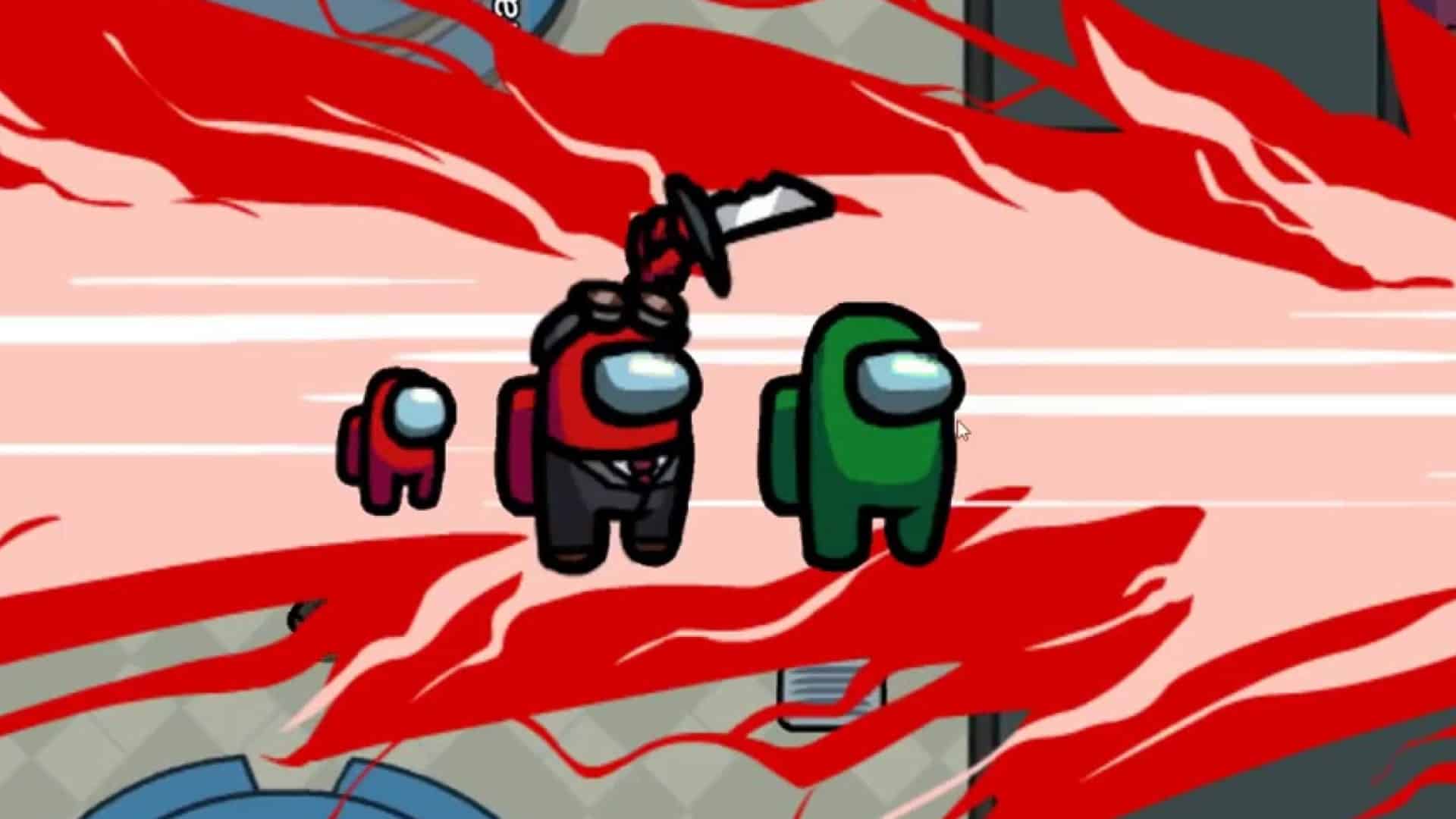
Our competing (and often nasty) warrior mentality is stoked by social deduction games, which encourage us to utilize our brains in new ways. Playing games such as Among Us gives us something to focus on when we’re bored and allows us to communicate with others without the needless small chat that we despise. Research in video games is ongoing, and you can simply get involved, earn money and incentives, and do your bit by looking at various studies available on the internet.

